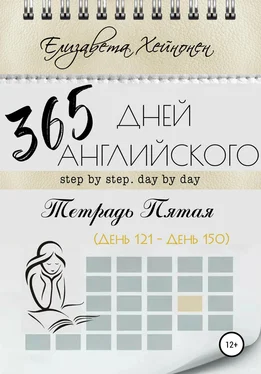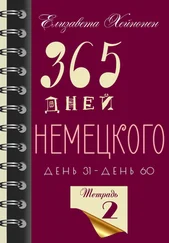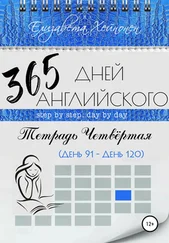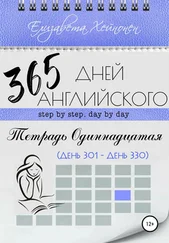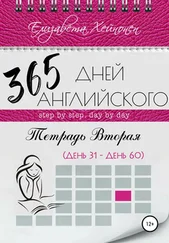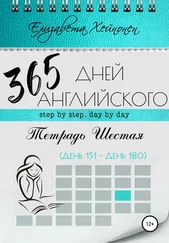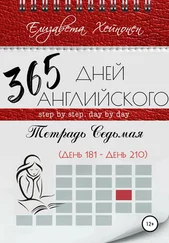The Frog was very happy, because he liked puddings very much. He was ready to go when another little frog came to him and said, “Please, come to Ndala! Your second wife has a nice pudding for you. Come at once while the pudding is hot!”
The Frog sat down and began to think:
“If I go to my first wife for the pudding, my second wife will be very upset. If I go to my second wife for the pudding, my first wife will be very upset, too. Where shall I go – to Ndumbi or to Ndala?”
wasбыл; happyсчастливый; was ready [-e-] to goбыл готов идти; begin(began, begun) начинать ◊ and began to thinkи призадумался; начал размышлять; ups e tрасстроенный ◊ will be very ups e tочень расстроится; Where shall I go?Куда же мне пойти?
He sat and thought for a long time. And he stayed at home and began to cry:
“Oh! Where shall I go, where shall I go?”
Now, when you hear frogs’ Gaou, gaou, gaou, you will understand that it means: “Where shall I go? Where shall I go? Go, go, go?”
How bad it is to have two wives who make puddings at the same time!
how bad it isкак плохо; at the same timeв одно и то же время

День сто двадцать четвертый
Тема урока: Простое прошедшее время (Past Simple). Вопросительные предложения.
EXERCISE 136
Спросите у собеседника, когда произошло то или иное событие.
A: When did you hear the gunshot?
B: About twenty minutes ago.
А: Когда вы услышали выстрел?
Б: Примерно двадцать минут назад.
Комментарий.Перед указанием на время, размер или количество предлог about говорит о приблизительности названного числа.
1. «Когда вы услышали об их свадьбе?» – «Около месяца назад». 2. «Когда вы услышали о смерти вашего дяди?» – «Сегодня утром (this morning)». 3. «Когда вы получили это письмо?» – «Вчера». – «В котором часу?» – «Оно пришло с утренней почтой (with the morning post [´poust])». 4. «Когда он покинул город (leave town)?» – «Около двух месяцев назад». – «Когда именно? Вы помните точную дату (the exact date)?» – «Нет». 5. «Когда вы потеряли свой паспорт (passport)?» – «Около двух недель назад». – «Когда именно? Вы помните точную дату?» – «Нет». 6. «Когда это произошло?» – «Три года назад». – «Когда именно? Вы помните точную дату?» – «Нет». 7. «Когда это случилось?» – «Около пяти часов назад». – «Когда именно? Вы помните точное время?» – «Нет. Я не смотрела на часы ( здесь: clock)». 8. «Когда ваши соседи вернулись домой?» – «Вскоре (soon) после полуночи». – «Когда именно? Вы помните точное время?» – «Нет. Я не смотрела на часы». 9. «Когда ваш муж вернулся из Лондона?» – «Прошлой ночью (last night)». – «Когда именно? Вы помните точное время?» – «Нет. Я не смотрела на часы».
Ключ.1. “When did you hear about their wedding?” “About a month ago.” 2. “When did you hear about your uncle’s death?” “This morning.” 3. “When did you get this letter?” “Yesterday.” “At what time?” “It came with the morning post.” 4. “When did he leave town?” “About two months ago.” “When exactly? Do you remember the exact date?” “No.” 5. “When did you lose your passport?” “About two weeks ago.” “When exactly? Do you remember the exact date?” “No.” 6. “When did it happen?” “Three years ago.” “When exactly? Do you remember the exact date?” “No.” 7. “When did it happen?” “About five hours ago.” “When exactly? Do you remember the exact time?” “No. I didn’t look at the clock.” (Clock – это часы настенные, настольные, башенные и под. − в отличие от наручных и карманных часов, которые обозначаются словом watch.) 8. “When did your neighbours come home?” “Soon after midnight.” “When exactly? Do you remember the exact time?” “No. I didn’t look at the clock.” 9. “When did your husband come back from London?” “Last night.” “When exactly? Do you remember the exact time?” “No. I didn’t look at the clock.”
THE SAD SONG
Mr. Edwards liked singing very much. He thought that he sang well, but in fact he didn’t.
One evening, he had dinner at a friend’s house. After dinner, one of the guests went up to Mr. Edwards and said, “You can sing, Peter. Please sing us something.”
sadпечальный; in factна самом деле; guestгость; go up toподходить, приближаться к
Mr. Edwards went up to the piano and started singing an old song about the mountains of Spain. The guests listened to it for several minutes, and then one of them began to cry. It was a young woman of about 30.
The other guests started comforting her: “There, there. Please don’t cry. Are you Spanish? Are you homesick?”
about 30около 30; comfort[´kam-] утешать; there, thereну-ну, перестаньте ( слова утешения ); be homesickтосковать по дому
“No,” she answered, “I’m not Spanish, and I’m not homesick. I am a singer and I like music.”

Тема урока: Простое прошедшее время (Past Simple). Вопросительные предложения.
EXERCISE 137
Ответьте на вопрос собеседника.
A: Now, when did you last see that woman?
B: If I remember correctly, it happened soon after my wedding.
А: Итак, когда вы последний раз видели эту женщину?
Читать дальше
